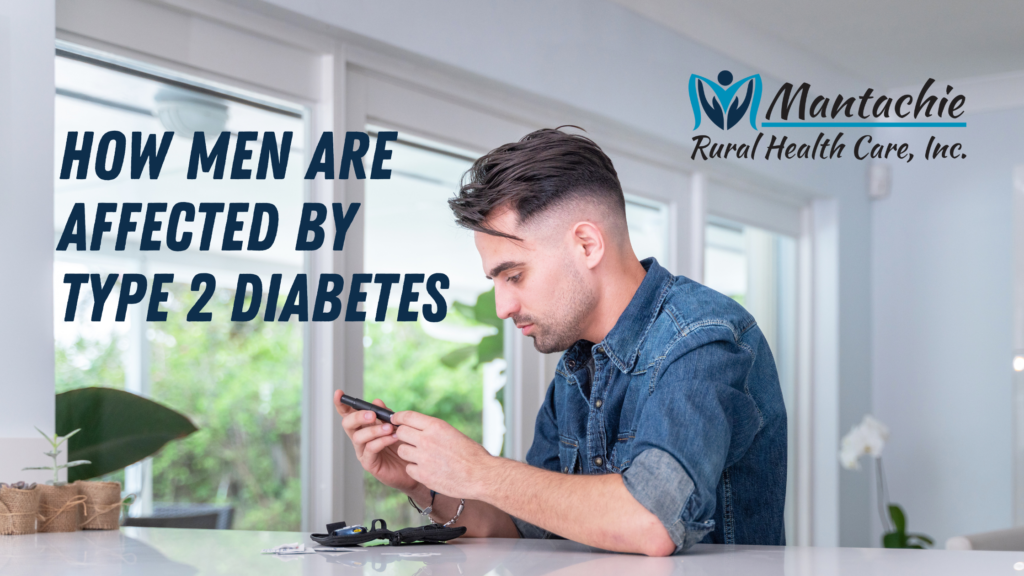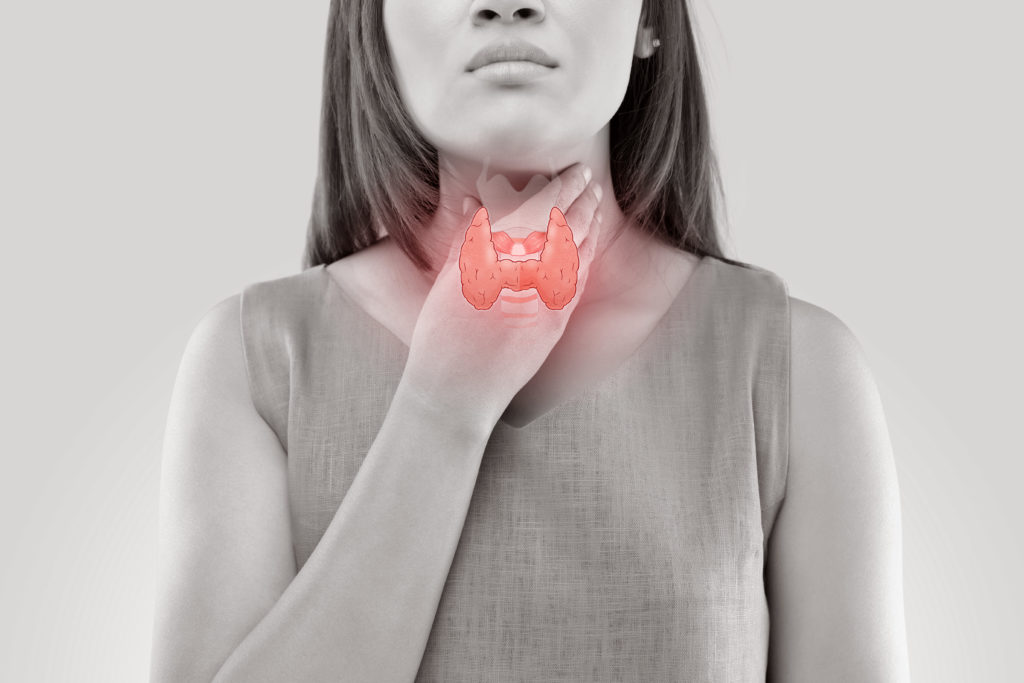
Testosterone is a hormone found in both males and females. The production of testosterone speeds up during puberty and slows down around age thirty. Most people understand that men have more testosterone than women, but have little understanding of how testosterone affects their health. We’re going to shed a little light on this important hormone and how testosterone affects your health.
How Testosterone is Produced in Men and Women
Testosterone develops in the testicles in men and in the ovaries in women. However, women produce a much smaller level of testosterone than men. This is why it’s often referred to as the male hormone. Testosterone is typically associated with sex drive and sperm production in men. It can also affect bone and muscle mass and red blood cell production.
How Testosterone Affects Men’s Health
We just mentioned a few ways testosterone affects men’s health, such as red blood cell production and bone and muscle mass. It also affects the way fat is stored in a man’s body and his mood. Low testosterone levels in men may result in:
- Weight gain
- Decreased sex drive
- Less body hair
- Low self-esteem
- Thinner bones
- Less energy
- Lower mood and feelings of depression
- Lower energy levels
Although testosterone levels naturally taper off as men age, other factors can lower it more. Injury to the testicles as well as testicular cancer can result in lower testosterone. Chronic health conditions such as AIDS, liver disease, kidney disease, and alcoholism also decrease testosterone. Stress can also be a factor.
How Testosterone Affects Women’s Health
Like men, women see testosterone levels decrease as they age. Lower testosterone levels in women may result in low libido, reduced bone strength, poor concentration, and depression. Low testosterone in women can be caused by the removal of the ovaries and diseases of the pituitary, hypothalamus, and adrenal glands. Therapy is available, but its effects on sexual and cognitive function is unclear in post-menopausal women.
Testosterone Facts
Testosterone in men is often a sign of a problem with the pituitary gland. However, in teenage boys, low testosterone is a sign of delayed puberty. On the other hand, boys with high testosterone levels will develop puberty early. Women with high testosterone may develop masculine features. Abnormally high levels of testosterone could be a sign of an adrenal gland problem or cancer of the testes.
The takeaway: Your testosterone levels are a tell-tale sign of your health. If you are experiencing testosterone-related issues, it’s time for a visit with your primary care provider. Schedule a visit with your Mantachie Rural Healthcare provider at 662-282-4226.






 Ben Napier and his wife Erin, both Mississippi natives and graduate of Ole Miss, host the HGTV show
Ben Napier and his wife Erin, both Mississippi natives and graduate of Ole Miss, host the HGTV show 
